Danielle - a BIPOC Outdoor Mental Health Story
Growing up, I spent a lot of time outdoors running, swimming and riding bikes with my family. I began skydiving in my mid-20s. It was a fun adventure sport that just stuck with me. Somewhere in the mix, the U.S. Army also introduced me to camping and “backpacking”—something I didn’t realize people did for fun! So by the time I left the Army, I was semi-proficient at both hiking and holding hands with a few dozen Boomers while free-falling at 120 mph.
Then, in 2021, at age 35, I was diagnosed with medication-induced psychosis. It started the previous Fall when I began taking an immunosuppressive medication. Shortly afterwards, I stopped sleeping and started hallucinating. At least that’s what I thought they were—it was hard to know for sure.
I’d wake up at night and gasp at the marble sized spider crawling across my pillow or the giant moth gently fluttering its wings from inside the bedside lamp. The incredibly life-like insects dropped from the ceiling and made themselves at home on my comforter. Then there was the kaleidoscope of colors that floated in the air at night.
Next, I developed a fear of faces. I was okay during the day but by evening I was confident that the faces I glimpsed in magazines, on book covers, in the mirror and even the sketch on the back of my drugstore sheet mask were sinister and menacing.
I dreaded evenings. I couldn’t sleep and the lack of sleep only made the hallucinations more vivid and terrifying. I developed a few strategies: I spoke to them, I used affirmations, I turned on the light, I shut my eyes tightly, I practiced breathing, I tried to co-exist.
In the end, the hallucinations didn’t propel me to seek help. The fear did. I was tired of being afraid all the time, and also just tired.
I discontinued the immunosuppressive medication, started an antipsychotic and finally began sleeping again.
I’m sharing this with you—not because I owe you my mental health journey or diagnoses, but because the stigmatization of mental illness needs to stop. The media loves to portray people like me—people experiencing psychotic breaks and those with severe mental illness as violent and predatory. As people who should be locked away.
“Shortly afterwards, I stopped sleeping and started hallucinating.”
We’re not. We are more likely to be victims of violent crime than perpetrators.
During my psychotic episode, I solo hiked and did all the things I love to do outdoors. I worked hard at a full-time job, then interviewed and was hired by a different company. I was constantly afraid. I ran two small businesses on the side and got a book deal. I barely slept.
Normal shit.
I suffered needlessly because I was worried about being discriminated against. What I really needed was time off and the chance to get help a lot sooner than I did. Instead I focused on remaining “productive”.
It’s awesome to see that more and more people are publicly discussing their anxiety and depression and finding support online and on social media. It would be nice to see people living with psychosis, including those with schizophrenia spectrum disorders, receiving the same level of positive feedback and support.
GET HELP TODAY
The National Suicide Prevention Hotline: 800-273-8255
Nacional de Prevención del Suicidio: 888-628-9454
Deaf & Hard of Hearing: 800-799-4889
The Trevor Project Suicide Prevention Hotline for LGBTQ+ Youth: 866-488-7386




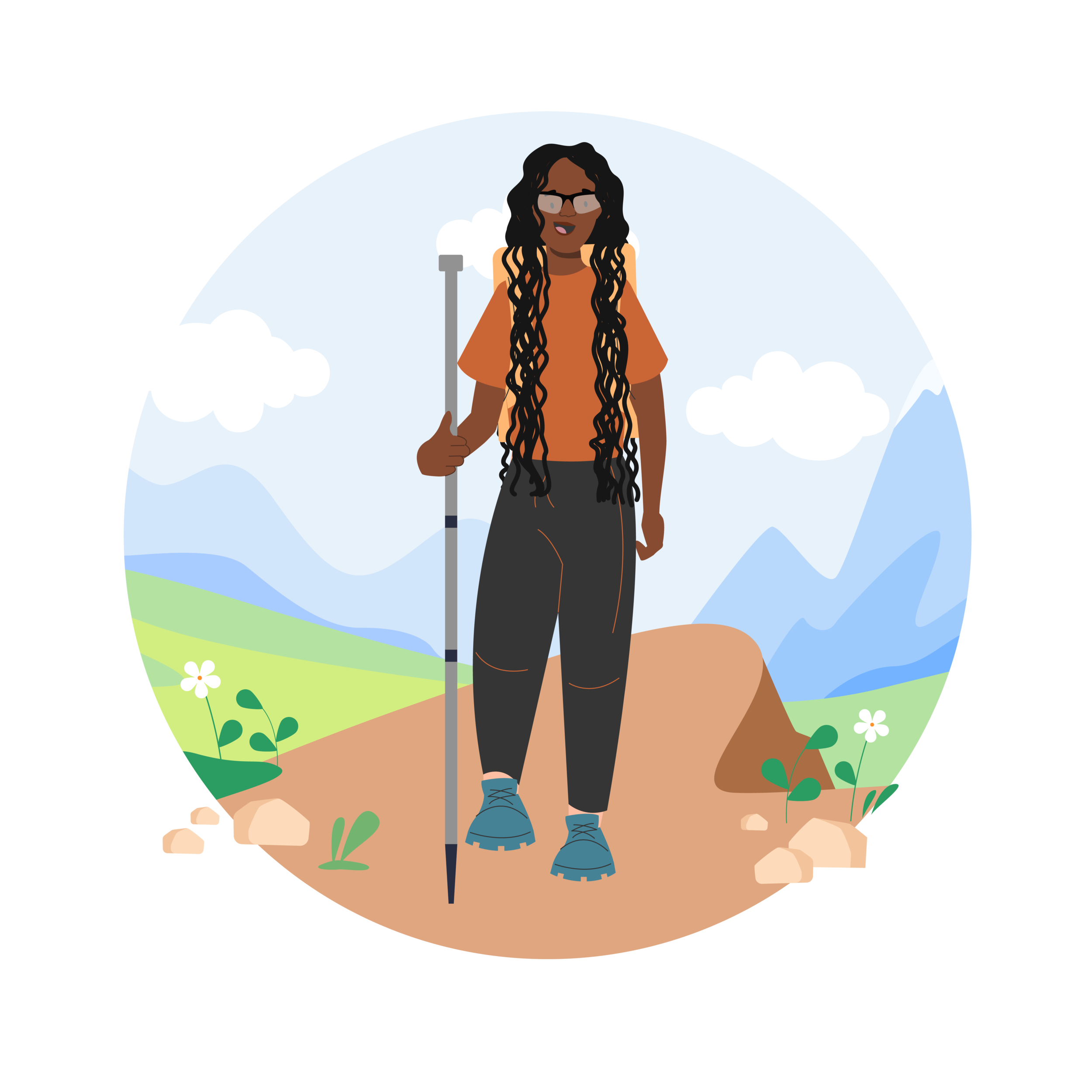
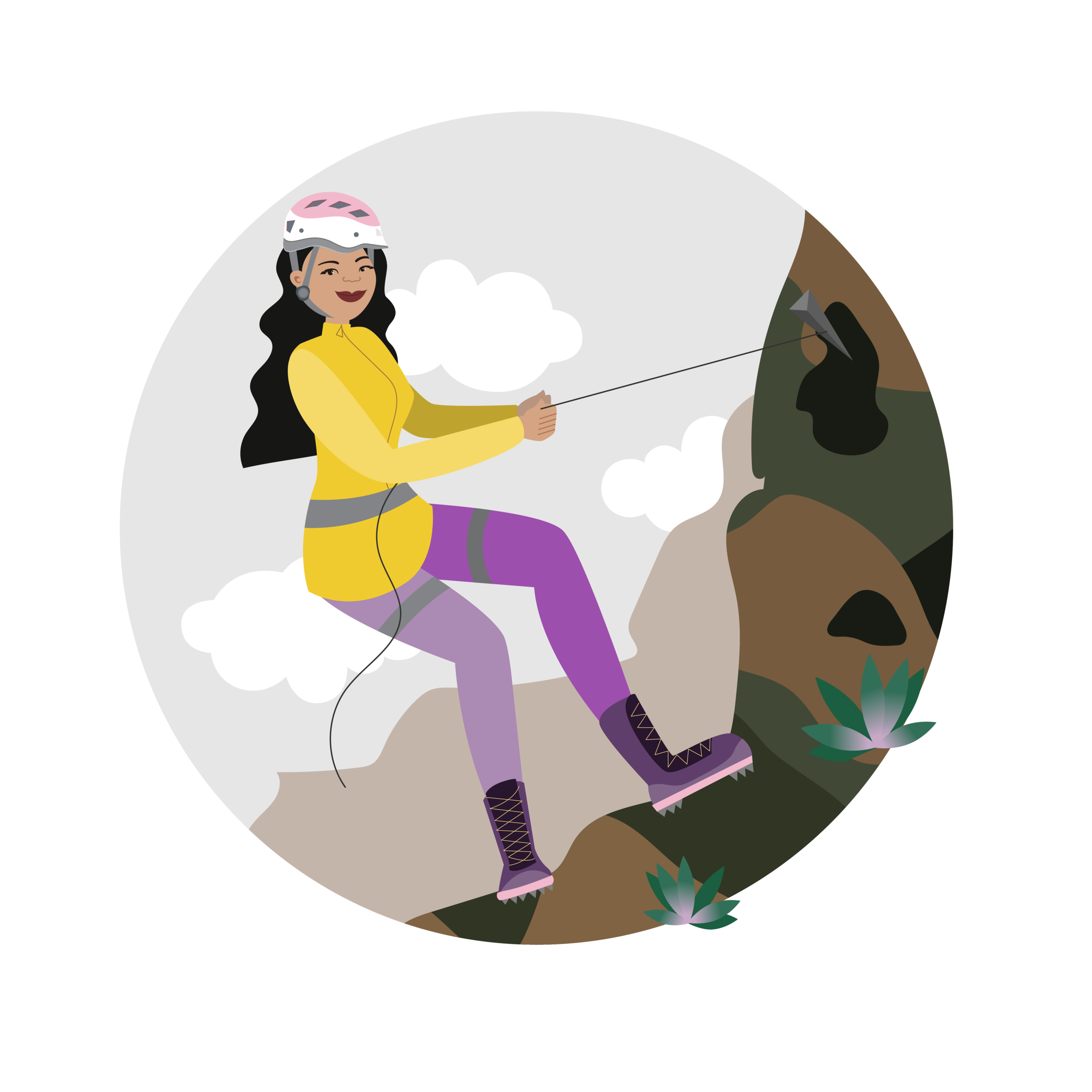

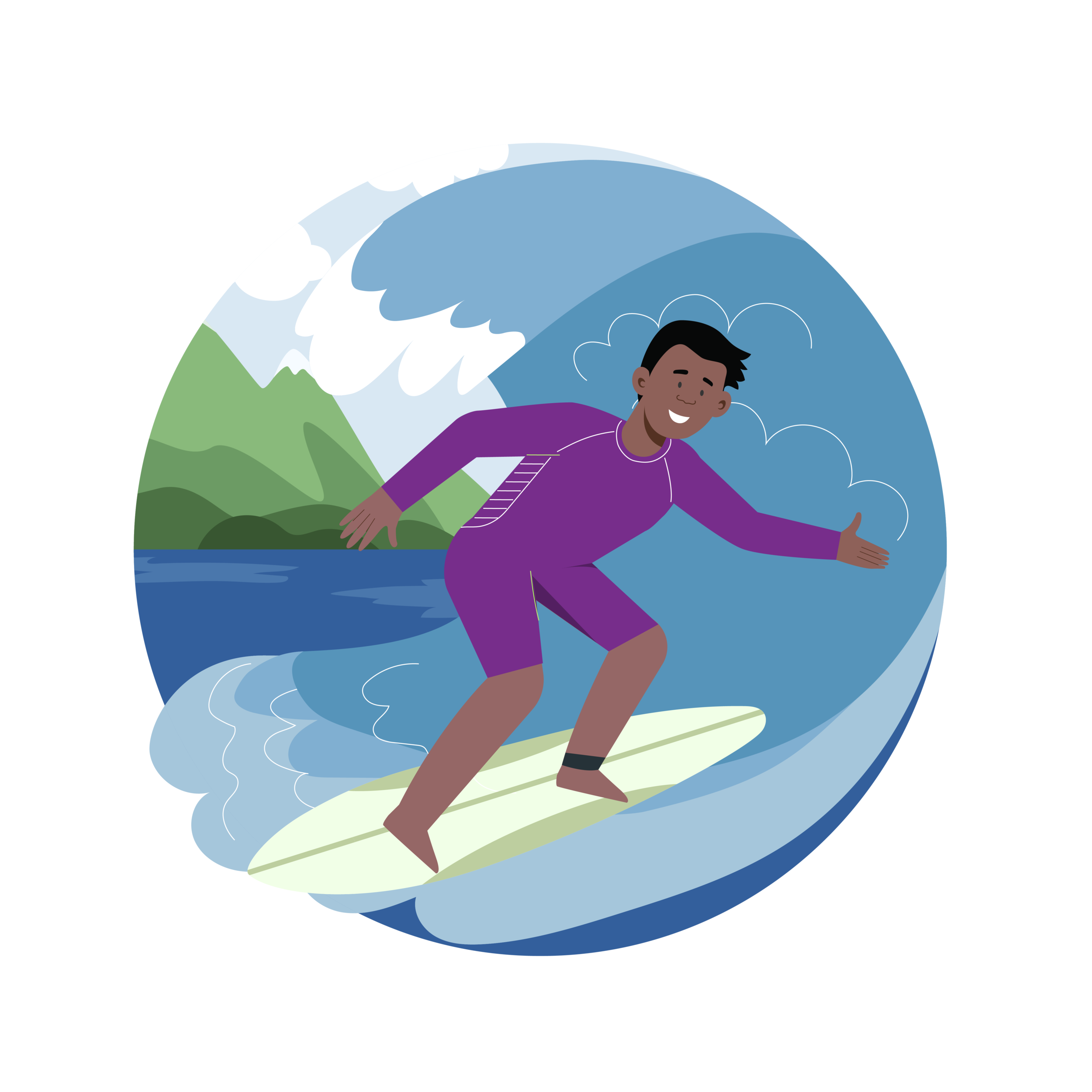
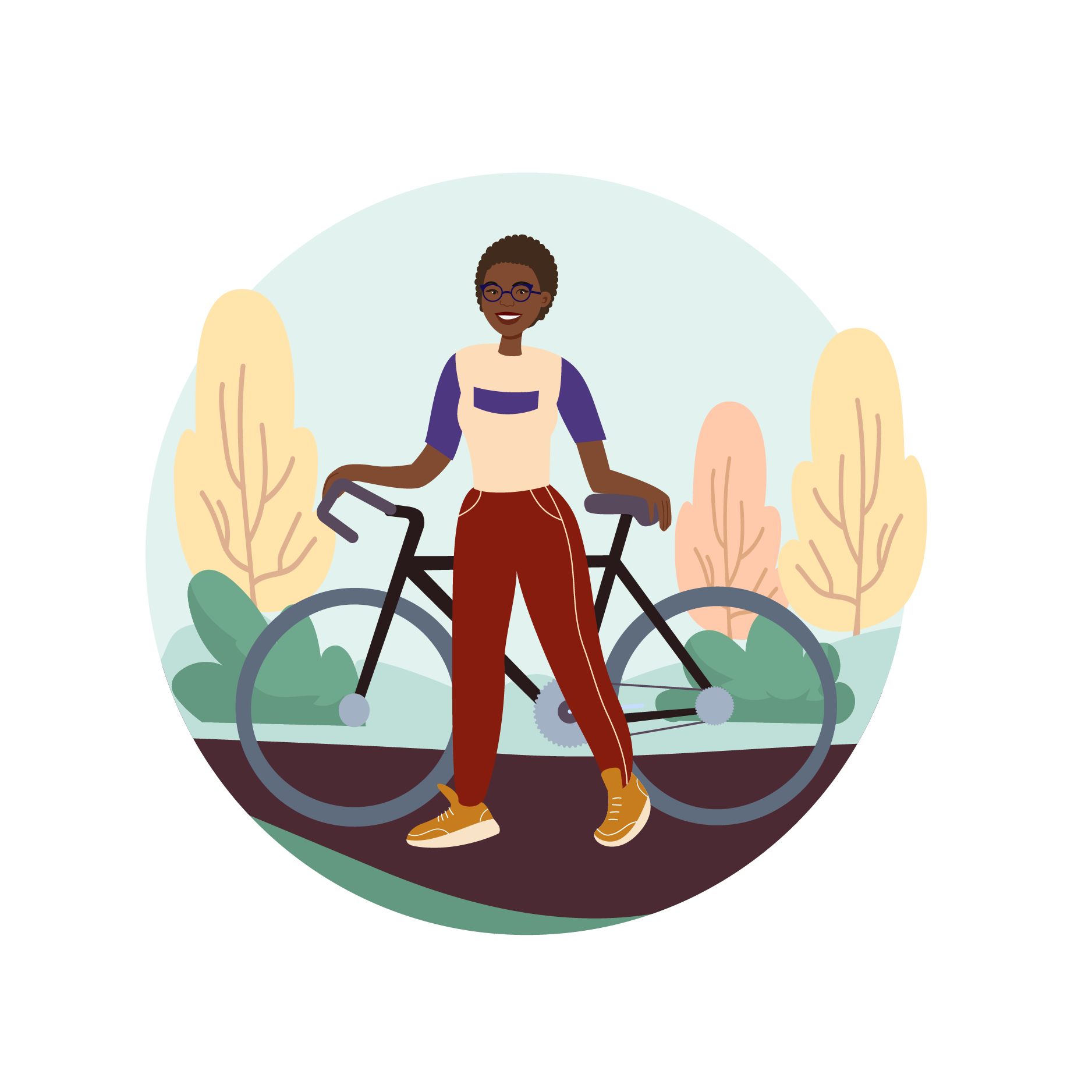
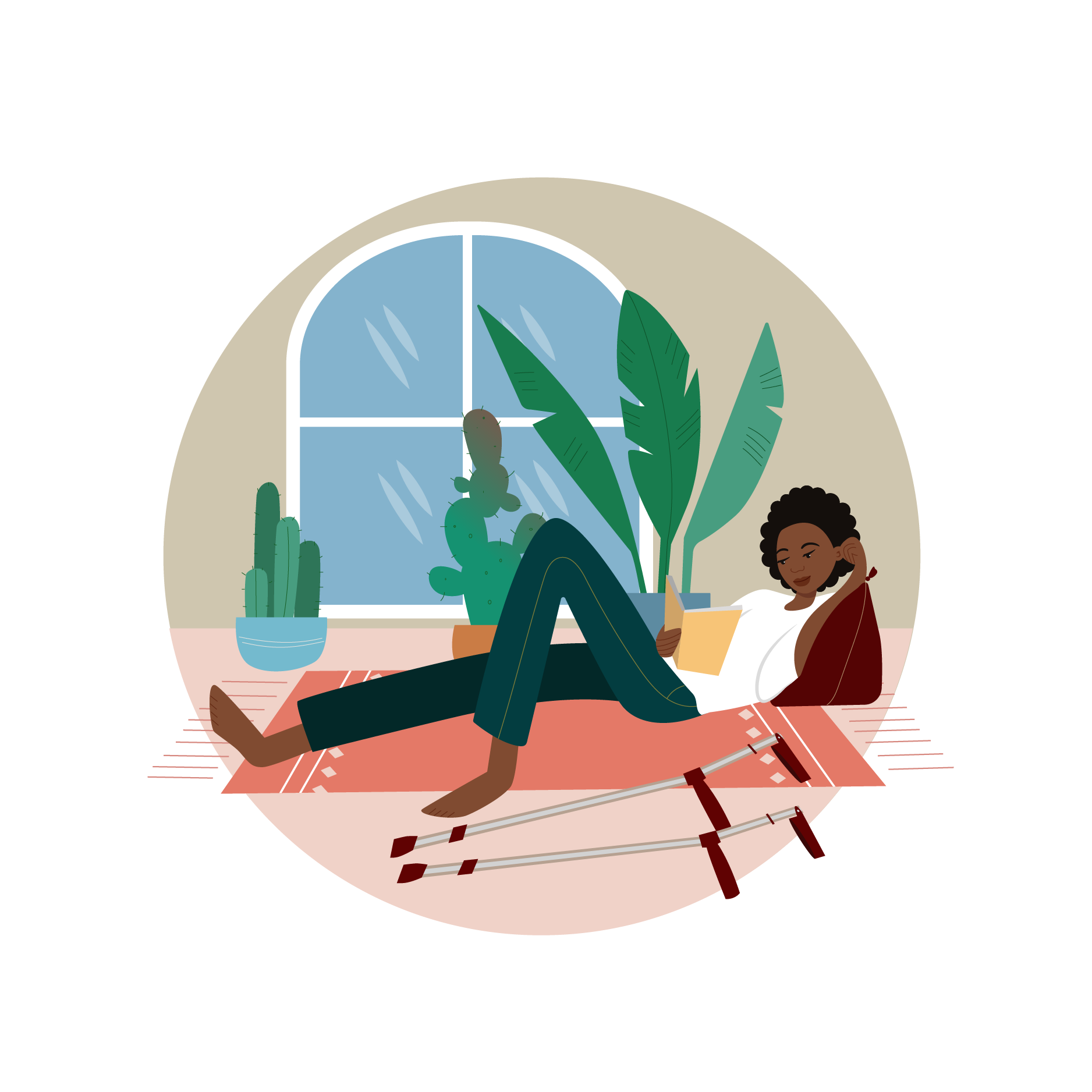








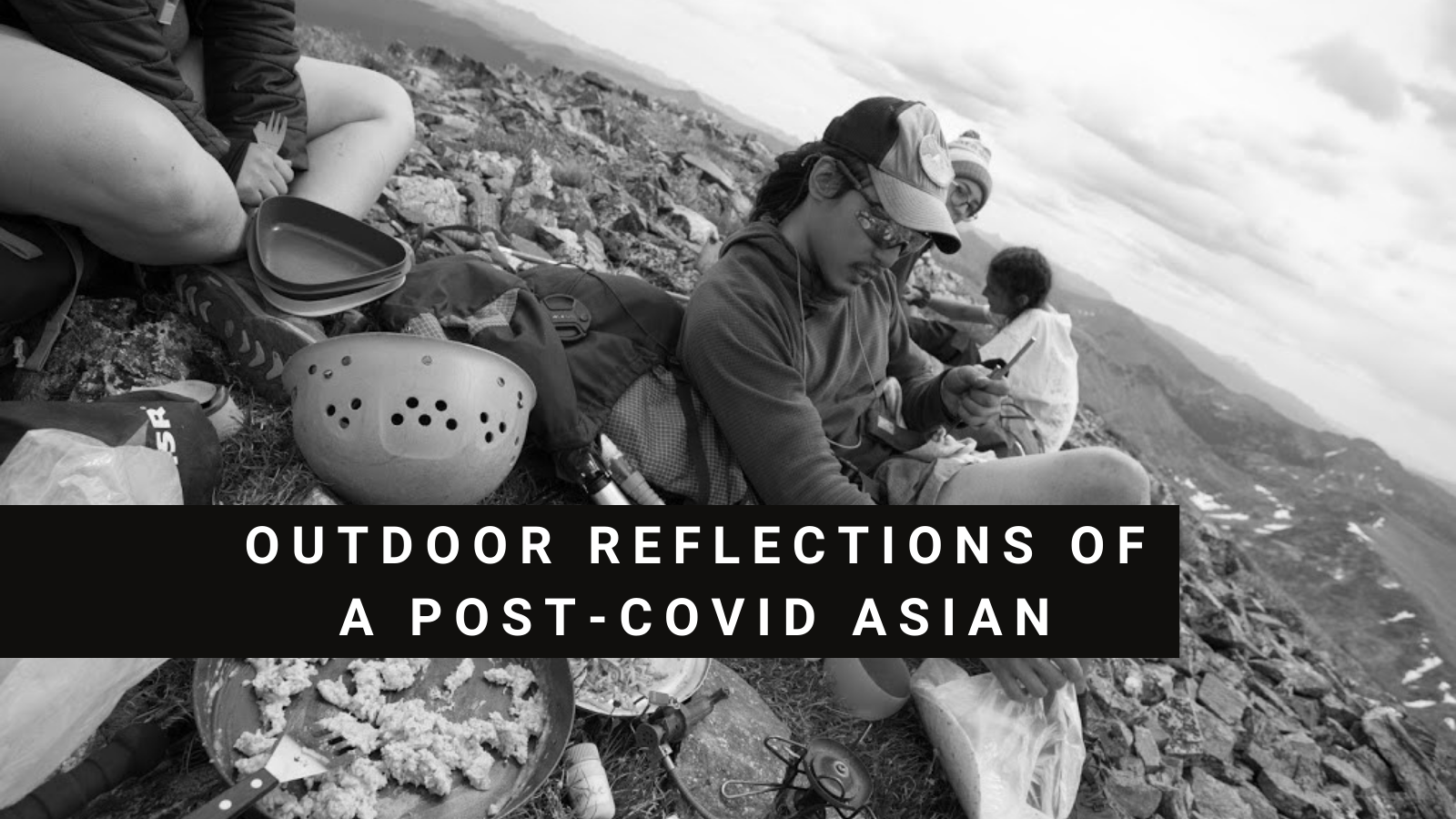

Dear Black men, when was the last time you went hiking? A week ago? Last summer? Never? Of the many hobbies people pick up, hiking is not always well-received in African American communities. I would like to change that. Some will say, “Does being Black matter?” Yes, without a doubt.